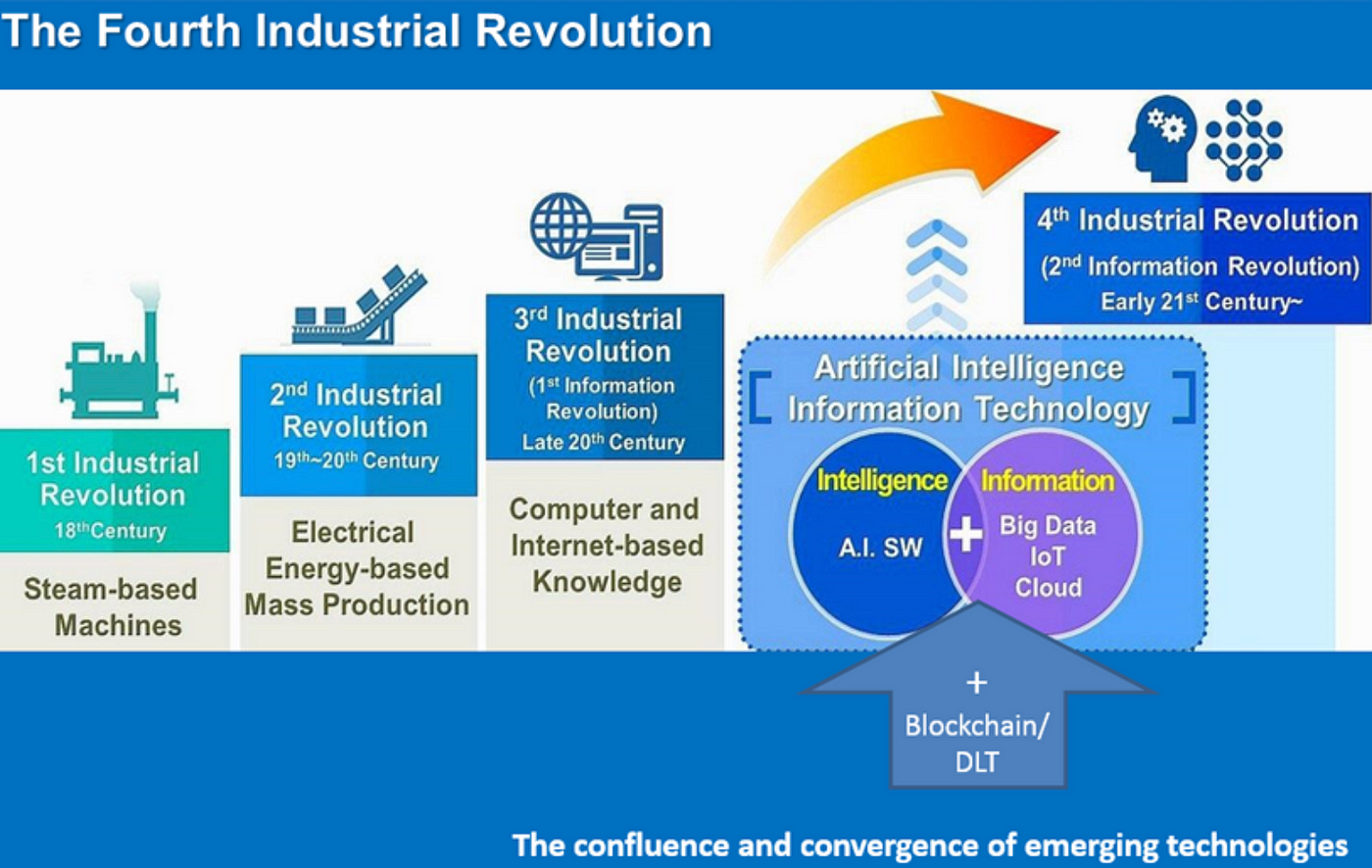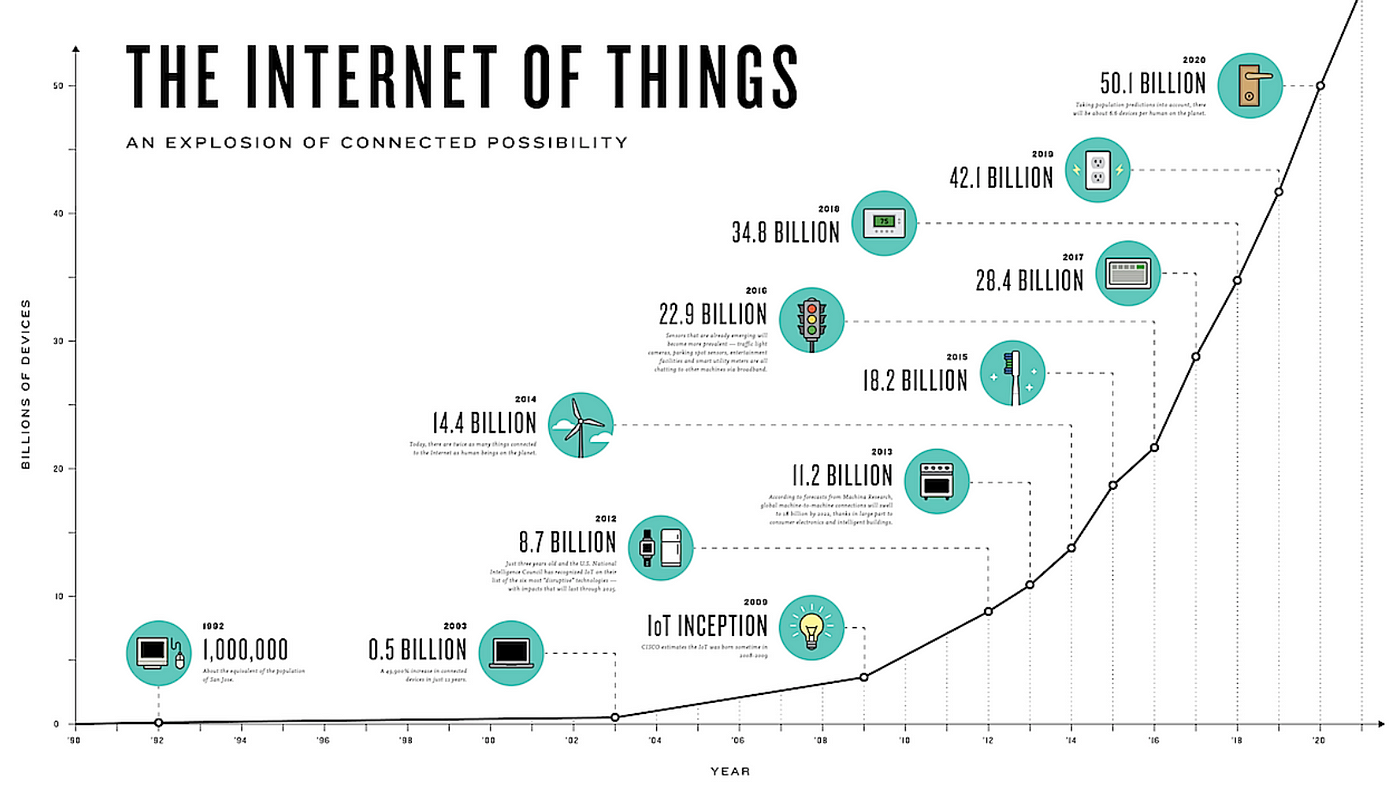Why Orientation of Ancient Monuments Correlate With Ice Ages
Tag: AI artificial intelligence
Framework for machine-learning model
Framework to describe individual machine-learning model decisions
https://techxplore.com/news/2022-05-framework-individual-machine-learning-decisions.html

++++++++++++++++++++++
more on machine learning in this IMS blog
https://blog.stcloudstate.edu/ims?s=machine+learning
deep fakes trusted more the real pictures
People trust AI fake faces more than real ones, research suggests
Researchers behind the study are calling for safeguards to prevent deep fakes.
https://www.freethink.com/technology/ai-fake-faces-trustwortiness
Ethical AI tools
Using AI responsibly is the “immediate challenge” facing the field of AI governance, the World Economic Forum says.
++++++++++++++++
more on deep fakes in this IMS blog
https://blog.stcloudstate.edu/ims?s=deep+fakes
Military medics and mechanics access to a virtual help desk
https://www.popsci.com/technology/darpa-funded-amigos-program/
“Augmented reality, computer vision, language processing, dialogue processing and reasoning are all AI technologies that have disrupted a variety of industries individually but never in such a coordinated and synergistic fashion,”
China online ed
https://www.edsurge.com/news/2021-12-10-in-china-online-degrees-on-hold-even-as-moocs-rise
With China muscling its way into the first ranks as a global power in science and technology—building vast new academic complexes, climbing to the top ranks of the world’s elite universities, surpassing the U.S. in PhD graduates in science and engineering, and on its way to outperforming all other nations in science and technology academic citations—I was puzzled to discover that China is on hold in offering online higher ed degrees.
To expand the nation’s technical talent pool, Chinese universities are upgrading their capacity to offer more up-to-date science and technology courses, with universities just beginning to introduce degrees in artificial intelligence, machine learning, software engineering and other advanced specialties. For China, the move is a departure from its centuries-old tradition of favoring literature and the liberal arts.
China has come a long way from cinema-style instruction to adopt more common digital learning practices, often closely following U.S. advances in online pedagogy, such as flipped classrooms and MOOCs.
Curiously, China’s reluctance to offer online degrees parallels the attitude toward online degrees in the Ivy League in the U.S.—both have embraced MOOCs while turning away from virtual degrees out of concern that remote degrees will damage their reputations.
+++++++++++++++++++++
more on online ed in this IMS blog
https://blog.stcloudstate.edu/ims?s=online+education
pharmaceutical technology
https://www.pharmaceutical-technology.com/comment/augmented-reality-ar-technology-trends/
- Metaverse
- Mobile AR
- Contact lenses
- WebAR
- Artificial intelligence (AI)
- 5G
- Cloud
AI’s definition and the major types of machine learning
My annotations to the document:
https://hyp.is/go?url=https%3A%2F%2Fmedia-exp1.licdn.com%2Fdms%2Fdocument%2FC561FAQGCEOxjElpYdQ%2Ffeedshare-document-pdf-analyzed%2F0%2F1639993836361%3Fe%3D1640433600%26v%3Dbeta%26t%3DgSSwhduluTdmUfDnG9LDDo1cwS5gkvabzab4IiuX8ac&group=__world__
Education 4.0


+++++++++++++++++++++++++++++++++
https://www.weforum.org/projects/learning-4-0
Based on the framework developed in Schools of the Future: Defining New Models of Education for the Fourth Industrial Revolution, the Education 4.0 initiative aims to better prepare the next generation of talent through primary and secondary education transformation. The initiative will drive impact through four interconnected interventions:
- Implementing new measurement mechanisms for Education 4.0 skills
- Mainstreaming technology-enhanced Education 4.0 learning experiences
- Empowering the Education 4.0 workforce
- Setting Education 4.0 country-level standards and priorities
+++++++++++++
more on education 3.0 and 2.0
https://blog.stcloudstate.edu/ims/2014/03/16/education-2-0-vs-education-3-0/
the Cloud, AI and green energy
metaverse definition
What the metaverse will (and won’t) be, according to 28 experts
metaverse (hopefully) won’t be the virtual world of ‘Snow Crash,’ or ‘Ready Player One.’ It will likely be something more complex, diverse, and wild.
The metaverse concept clearly means very different things to different people. What exists right now is a series of embryonic digital spaces, such as Facebook’s Horizon, Epic Games’ Fortnite, Roblox‘s digital space for gaming and game creation, and the blockchain-based digital world Decentraland–all of which have clear borders, different rules and objectives, and differing rates of growth.
TIFFANY ROLFE
different layers of realities that we can all be experiencing, even in the same environment or physical space. We’re already doing that with our phones to a certain extent—passively in a physical environment while mentally in a digital one. But we’ll see more experiences beyond your phone, where our whole bodies are fully engaged, and that’s where the metaverse starts to get interesting—we genuinely begin to explore and live in these alternate realities simultaneously.
RONY ABOVITZ, FOUNDER, MAGIC LEAP
Xverse
It will have legacy parts that look and feel like the web today, but it will have new nodes and capabilities that will look and feel like the Ready Player One Oasis (amazing gaming worlds), immersion leaking into our world (like my Magicverse concept), and every imaginable permutation of these. I feel that the Xverse will have gradients of sentience and autonomy, and we will have the emergence of synthetic life (things Sun and Thunder is working on) and a multitude of amazing worlds to explore. Building a world will become something everyone can do (like building a webpage or a blog) and people will be able to share richer parts of their external and inner lives at incredibly high-speed across the planet.
YAT SIU, COFOUNDER AND EXECUTIVE CHAIRMAN OF GAMING AND BLOCKCHAIN COMPANY ANIMOCA BRANDS
Reality will exist on a spectrum ranging from physical to virtual (VR), but a significant chunk of our time will be spent somewhere between those extremes, in some form of augmented reality (AR). Augmented reality will be a normal part of daily life. Virtual companions will provide information, commentary, updates and advice on matters relevant to you at that point in time, including your assets and activities, in both virtual and real spaces.
TIMONI WEST, VP OF AUGMENTED AND VIRTUAL REALITY, UNITY:
I think we can all agree our initial dreams of a fully immersive, separate digital world is not only unrealistic, but maybe not what we actually want. So I’ve started defining the metaverse differently to capture the zeitgeist: we’re entering an era where every computer we interact with, big or small, is increasingly world-aware. They can recognize faces, voices, hands, relative and absolute position, velocity, and they can react to this data in a useful way. These contextually aware computers are the path to unlocking ambient computing: where computers fade from the foreground to the background of everyday, useful tools. The metaverse is less of a ‘thing’ and more of a computing era. Contextual computing enables a multitude of new types of interactions and apps: VR sculpting tools and social hangouts, self-driving cars, robotics, smart homes.
SAM HAMILTON, HEAD OF COMMUNITY & EVENTS FOR BLOCKCHAIN-BASED METAVERSE CREATOR THE DECENTRALAND FOUNDATION
NITZAN MEKEL-BOBROV, CHIEF AI OFFICER, EBAY
as carbon is to the organic world, AI will be both the matrix that provides the necessary structural support and the material from which digital representation will be made. Of all the ways in which AI will shape the form of the metaverse, perhaps most essential is the role it will play in the physical-digital interface. Translating human actions into digital input–language, eye movement, hand gestures, locomotion–these are all actions which AI companies and researchers have already made tremendous progress on.
HUGO SWART, VICE PRESIDENT AND GM OF XR, QUALCOMM
Qualcomm views the metaverse as an ever-present spatial internet complete with personalized digital experiences that spans the physical and virtual worlds, where everything and everyone can communicate and interact seamlessly.
IBRAHIM BAGGILI, FOUNDING DIRECTOR, CONNECTICUT INSTITUTE OF TECHNOLOGY AT UNIVERSITY OF NEW HAVEN
As an active researcher in the security and forensics of VR systems, should the metaverse come into existence, we should explore and hypothesize the ways it will be misused.
CHITRA RAGAVAN, CHIEF STRATEGY OFFICER AT BLOCKCHAIN DATA ANALYTICS COMPANY ELEMENTUS
I picture [the metaverse] almost like The Truman Show. Only, instead of walking into a television set, you walk into the internet and can explore any number of different realities
JOHN HANKE, CEO OF POKÉMON GO CREATOR NIANTIC
We imagine the metaverse as reality made better, a world infused with magic, stories, and functionality at the intersection of the digital and physical worlds.
CAROLINA ARGUELLES NAVAS, GLOBAL PRODUCT MARKETING, AUGMENTED REALITY, SNAP
Rather than building the “metaverse,” a separate and fully virtual reality that is disconnected from the physical world, we are focused on augmenting reality, not replacing it. We believe AR–or computing overlaid on the world around us–has a smoother path to mass adoption, but will also be better for the world than a fully virtual world.
URHO KONTTORI, COFOUNDER AND CTO OF AR/VR HEADSET MAKER VARJO
In the reality-based metaverse, we will be able to more effectively design products of the future, meet and collaborate with our colleagues far away, and experience any remote place in real-time.
ATHERINE ALLEN, CEO OF IMMERSIVE TECH RESEARCH CONSULTANCY LIMINA IMMERSIVE
I prefer to think of the metaverse as simply bringing our bodies into the internet.
BRANDS IN THE METAVERSE
https://youtu.be/TMWvFxs_YIM
VISHAL SHAH, VP OF METAVERSE, FACEBOOK
The metaverse isn’t just VR! Those spaces will connect to AR glasses and to 2D spaces like Instagram. And most importantly, there will be a real sense of continuity where the things you buy are always available to you.
SAYON DEB, MANAGER, MARKET RESEARCH, CONSUMER TECHNOLOGY ASSOCIATION
At its core will be a self-contained economy that allows individuals and businesses to create, own or invest in a range of activities and experiences.
NANDI NOBELL, SENIOR ASSOCIATE AT GLOBAL ARCHITECTURE AND DESIGN FIRM CALLISONRTKL
the metaverse experience can be altered from the individual’s point of view and shaped or curated by any number of agents—whether human or A.I. In that sense, the metaverse does not have an objective look beyond its backend. In essence, the metaverse, together with our physical locations, forms a spatial continuum.
NICK CHERUKURI, CEO AND FOUNDER OF MIXED REALITY GLASSES MAKER THIRDEYE
The AR applications of the metaverse are limitless and it really can become the next great version of the internet.
SAM TABAR, CHIEF STRATEGY OFFICER, BITCOIN MINING COMPANY BIT DIGITAL
It seems fair to predict that the actual aesthetic of any given metaverse will be determined by user demand. If users want to exist in a gamified world populated by outrageous avatars and fantastic landscapes then the metaverse will respond to that demand. Like all things in this world the metaverse will be market driven
+++++++++++++++
More on meta-verse in this blog
https://blog.stcloudstate.edu/ims?s=metaverse